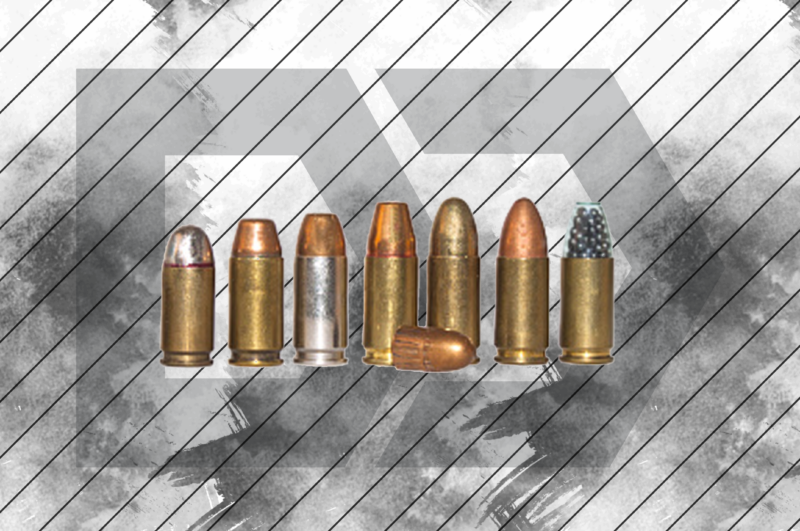When it comes to the 9mm caliber, there is a wide array of bullet types available, each designed for specific purposes and applications. In this blog post, we will explore seven popular 9mm bullet types and their unique features. Whether you’re a target shooter, concealed carry holder, or competitive shooter, understanding these bullet types will help you make informed decisions about the ammunition that best suits your needs.
1. Full Metal Jacket (FMJ):
The FMJ bullet is a classic choice for target shooting and training. It features a lead core encased in a harder metal shell, providing reliable feeding and reduced barrel fouling. FMJ rounds typically offer deep penetration and minimal expansion, making them suitable for plinking and practice sessions at the range.
2. Hollow Point (HP):
Hollow point bullets are designed for self-defense and personal protection. These bullets have a hollowed-out tip that facilitates controlled expansion upon impact. This expansion creates a larger wound channel and transfers more energy to the target, increasing stopping power. Hollow point rounds are known for their reliable performance and are widely used by law enforcement and concealed carry holders.
3. Jacketed Hollow Point (JHP):
Similar to hollow point bullets, jacketed hollow points feature a hollowed-out tip. However, they also have a jacket that surrounds the bullet, enhancing reliability and preventing clogging when passing through clothing or barriers. JHP rounds are designed to deliver maximum terminal performance, making them an excellent choice for self-defense scenarios.
4. +P (Overpressure)
+P ammunition is loaded to higher pressures than standard 9mm rounds, resulting in increased muzzle velocity and energy. These rounds offer enhanced terminal ballistics and may provide improved performance in certain self-defense situations. However, it is essential to ensure that your firearm is rated for +P ammunition before using it.
5. Frangible:
Frangible bullets are designed to break apart upon impact with hard surfaces, reducing the risk of overpenetration and collateral damage. These bullets are commonly used in close-quarters training, steel target shooting, and indoor ranges. Frangible rounds offer reduced ricochet potential and are an excellent choice for environments where safety is a primary concern.
6. Lead-Free:
Lead-free bullets are designed to minimize lead exposure and environmental impact. These rounds utilize alternative materials, such as copper or zinc, to replace the lead core. Lead-free ammunition is increasingly popular for ranges where lead contamination is a concern or in areas where regulations restrict lead-based projectiles.

7. Subsonic:
Subsonic 9mm ammunition is loaded to travel below the speed of sound, resulting in reduced noise and recoil. These rounds are commonly used in suppressed firearms, where maintaining stealth and reducing the noise signature are crucial. Subsonic ammunition is also favored by target shooters who prioritize accuracy and reduced muzzle blast.
Conclusion:
Understanding the different 9mm bullet types is essential for selecting the ammunition that aligns with your specific needs. From FMJ for target practice to hollow points for self-defense, each bullet type serves a distinct purpose. Consider your intended application, local regulations, and firearm compatibility when choosing the right 9mm bullet type. Stay informed, practice responsible firearm handling, and enjoy your shooting experiences with confidence and safety.




